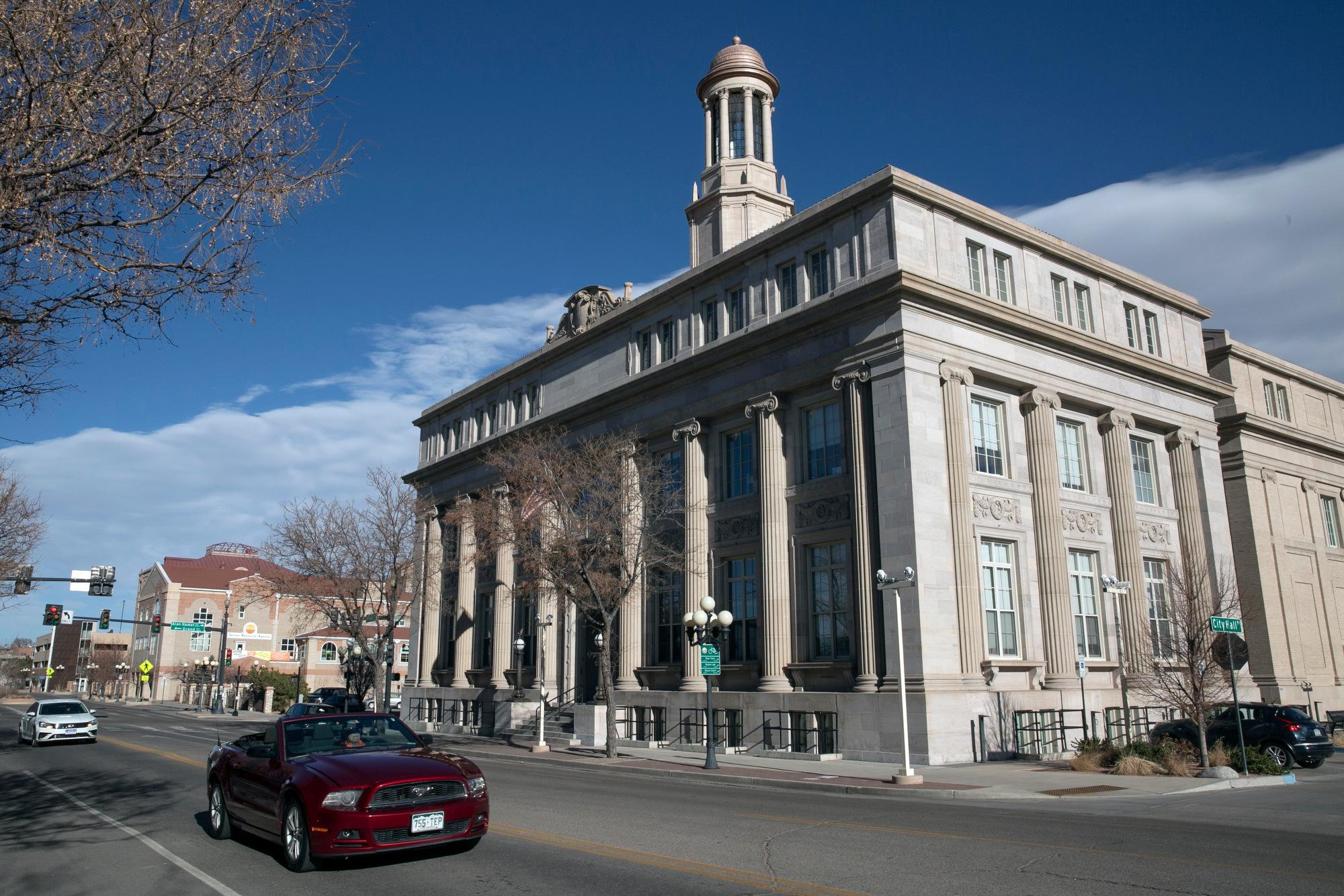
It wasn’t too long ago that anyone with a solar array on their rooftop could put power onto the grid and earn credit from the state’s largest electric utility, Xcel Energy.
The large growth in Colorado appeared to be hitting a roadblock in early 2016. Xcel had proposed a grid-use charge for all electricity customers. It’s something businesses that sell and install solar panels say would have discouraged homeowners from entering the market. A large, groundbreaking settlement grew out of the ensuing conflict between the solar industry and Xcel, and this year Colorado customers and solar users will start to see how it affects them.
“We feel like it was a really important step that we could sit down and negotiate a very complex and large settlement with the utility,” said Rebecca Cantwell, executive director of the Colorado Solar Energy Industries Association.
The growing tensions stem from a reality for many utilities, not just Xcel. As more rooftop customers add solar, utility bills are doing down. Companies like Xcel say they need to find additional ways to cover the costs of maintaining the electric grid, an essential system. In 2015, the 25,000 rooftop solar arrays owned by Xcel customers cut revenue by nearly $10 million.
One solution could emerge from two new rates Xcel will test in a Colorado pilot program.
“Certainty is key,” said Alice Jackson, who oversees strategic initiatives for Xcel Energy in Colorado. “We’re not against solar options. We’re not against our customers having different choices. What we have to make sure, and what we feel our responsibility, is to make sure that that when those personal choices made, they don’t cost their neighbors money.”
A Growing Dilemma
If you want to see just how bad the wars between utilities and solar companies can get, take a trip to Nevada.
In 2015, Nevada utilities cut back the credits they offered to their solar customers. Customers were unhappy with the change. The decision shut down companies, and slowed down solar industry growth in Nevada. The backlash was so strong, parts of the decision have been reversed.
The problem Nevada was trying to solve is the same one in Colorado: more customers want to make their own energy.
Xcel customers Lance Wright and K.K. DuVivier in Denver have two sets of solar panels, a battery back-up, and an electric car. They even custom designed their Denver home to use passive house building principles for maximum energy efficiency.
“Some people have the opportunity to brag about how smart their kids are, or how fast their car goes. Our friends brag about how efficient their house is,” said Wright.
More Choices For Customers
The Xcel settlement eliminated the grid use charge, and preserved current metering arrangements for solar customers.
Customers will have the option to purchase short-term solar credits through Xcel’s Renewable Connect Program, which is tied to a 50-megawatt solar facility the company plans to build. The settlement expands Xcel’s installment incentive program Solar Rewards.
Another product Xcel customers will see more of is community solar. Tom Hunt with Clean Energy Collective said the option is attractive to customers who want to own solar long term, but live in apartments or homes where solar won’t work.
“Most of the projects being built now are about double this size, 2 megawatts,” Hunt said, walking through a one megawatt community solar array his company helped build. “So you’ll get another 55 or so of these over the next three years.”
A key part of the settlement is that Hunt, other solar advocates and Xcel will continue to meet and discuss future policies. Group topics include battery storage, rate design, existing renewable energy programs and future renewable programs. The hope is that ongoing meetings will diffuse battles before they happen.
Other states like Arizona and Utah have sought negotiation strategies similar to that of Colorado in 2017.
“This is a start,” said Rich Sedano, who oversees U.S. programs at the Regulatory Assistance Project, a nonprofit that advises states on clean energy policy. “I think where we are right now in Colorado and many other states is at the very beginning of a transition that will last for several years.”
Sedano explains it’s not just rooftop solar customers who challenge traditional utility models. Companies are producing more of their own power, too. And states like Colorado are requiring it through renewable standards.
Utilities in other states like California are trying out different rate structures to help cover their infrastructure costs. Under the settlement, Xcel in Colorado will test out two different rate structures in a pilot program: time-of-use pricing and peak demand pricing.
In Denver, K.K. DuVivier and Lance Wright will be part of an experiment for time-of-use pricing, where they pay more for electricity between 2 and 6 p.m., and less during non peak times early and late in the day.
The couple watches energy use because they want their bill even lower
“We aiming for net zero carbon with our home. And we’re going to be close,” Wright said.
Xcel is looking for 44,000 customers to sign up for its new rate pilot programs. This year the company will study how customers navigate the new rates. That data will drive future decisions.









